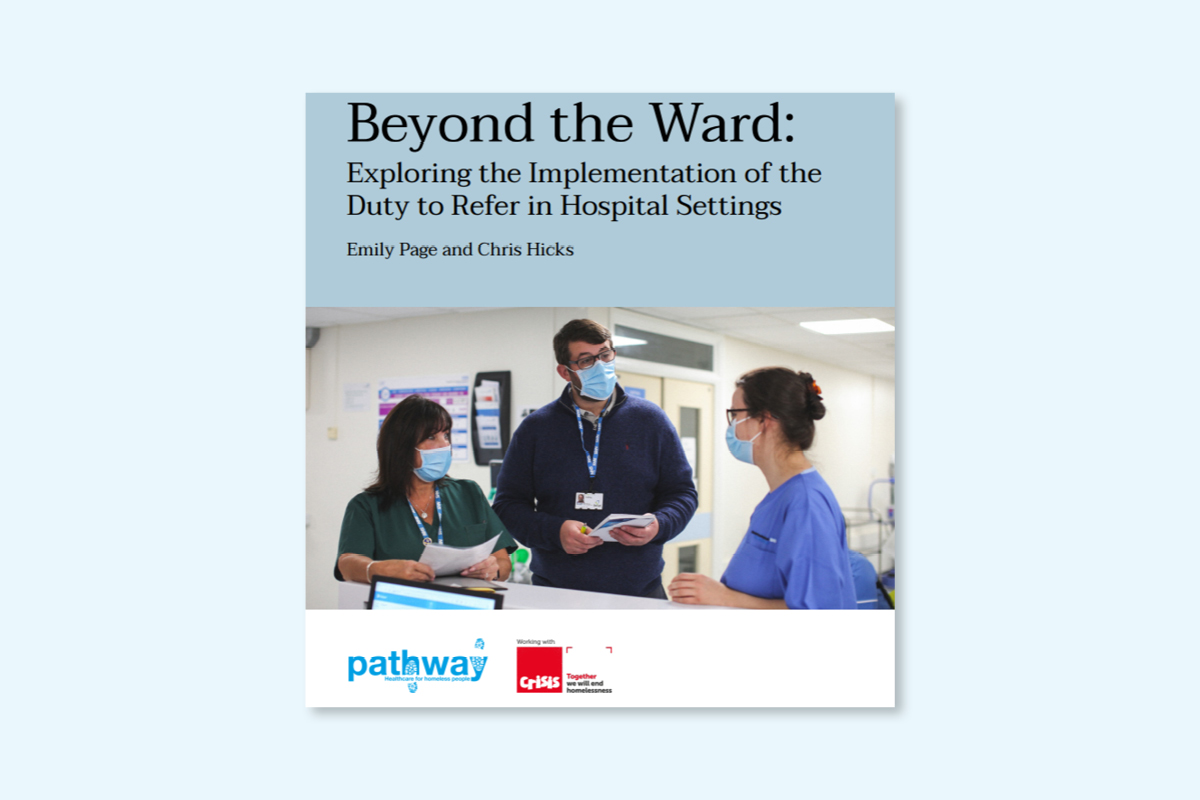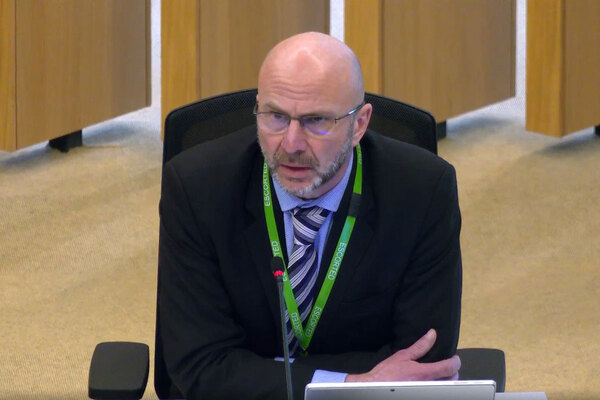You are viewing 1 of your 1 free articles
New approach by NHS trust reduces housing-related discharge delays by 50%
The Sussex Partnership NHS Trust (SPFT) has revealed how integrating housing roles into clinical teams has seen housing-related delays to discharges reduced by more than 50%.

This new approach by SPFT has seen 251 people getting new accommodation or supported to retain their existing housing during the first six months of this new approach.
This marks a reduction in housing-related discharge delays of 50%.
The trust believes it is one of the first initiatives in the country that directly tackles accommodation issues and homelessness by integrating new housing roles into clinical teams.
SPFT said the need for this approach is evidenced by the link between poor-quality housing and homelessness to negative short and long-term mental health outcomes.
This means that not having the right housing can be a huge challenge to mental health recovery and result in an individual’s mental health needs being met in inappropriate locations, such as inpatient mental health wards or emergency care settings.
The trust’s way of working means its clinical teams can identify housing and homelessness needs as soon as people come into contact with its adult mental health services.
This work is headed up by a new team of housing specialists, located with SPFT’s local authority housing partners, who then work alongside people with housing needs to deliver housing advice, support and interventions that prevent or relieve homelessness.
Chris Harris, associate director of housing at SPFT, said: “Having access to good-quality housing is a fundamental foundation for positive mental health and emotional well-being.
“One of the key objectives of our housing strategy is to embed housing expertise across our mental health services. To deliver this, we have created a housing needs triage process to help our frontline staff identify housing needs as early as possible during our core care planning.
“We have also recruited housing staff into our transformed community mental health teams, who provide expert housing advice and input to people at the earliest possible point of their treatment, and created systems that record useable housing data that shapes our future plans.”
Peter Molyneux, chair of SPFT, said: “We are incredibly proud of this work. We are already seeing positive results including people’s housing outcomes significantly improving.
“Through partnership work we are helping to jointly prevent homelessness and far fewer people are using inpatient services because they have an appropriate place to live.”
SPFT maintains that this new approach is transforming its community mental health offer to deliver more co-ordinated ways of working in partnership that focus on preventing crises wherever possible.
Arun Council is one of the partners on the project. Jayne Knight, housing options manager at the council, said: “I am grateful that our team has been one of the pilot authorities partaking in the initiative.
“The outcomes are clear: shorter stays in hospital, quicker discharges and less clients with mental health conditions in temporary accommodation. Both SPFT and Arun Housing Options have benefitted from the housing worker roles, but, most importantly, so have the clients of both services.
“Having a stable home environment leads to better long-term engagement with mental health support and recovery.”
SPFT pointed out that its work has been highlighted as an example of best practice in a new report – called Beyond the Ward – exploring the duty to refer in hospital settings – by national homelessness charity Crisis and Pathway, the UK’s leading homeless and inclusion healthcare charity.
Sign up for our care and support newsletter
Already have an account? Click here to manage your newsletters











